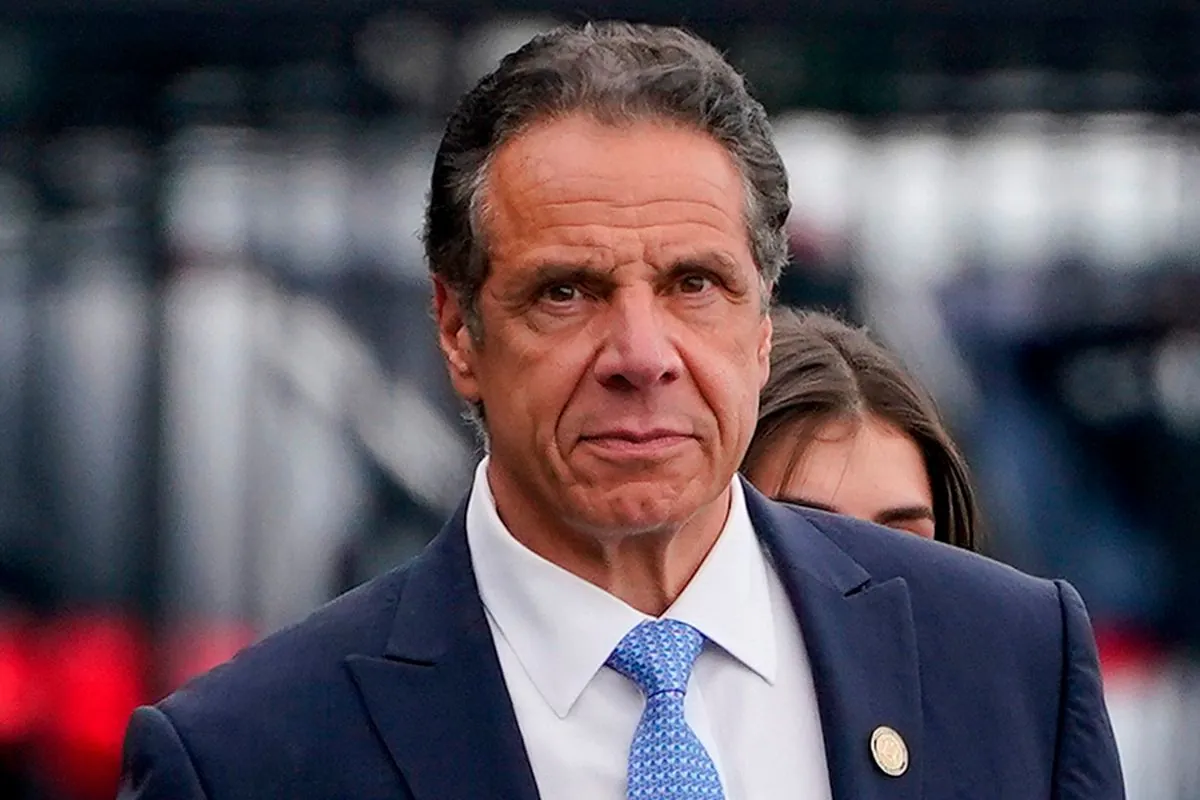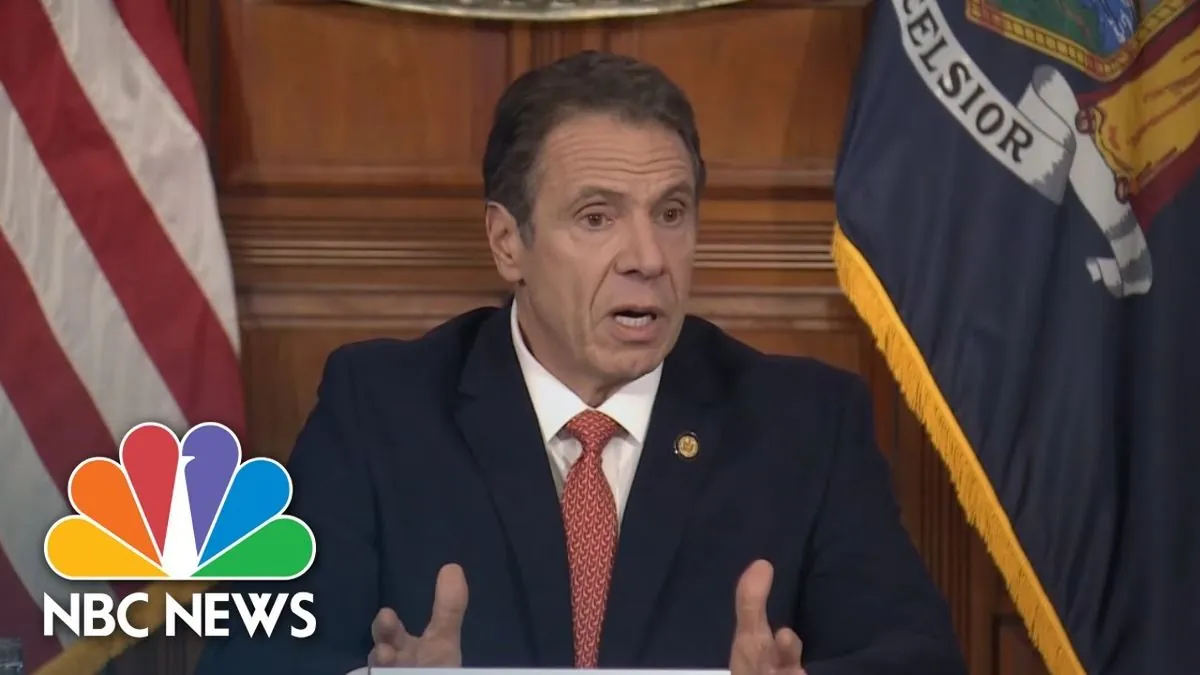Congress to Probe Cuomo's COVID Nursing Home Decisions
Former NY Governor Andrew Cuomo faces congressional inquiry over controversial COVID-19 nursing home directive. Hearing to examine policy impacts and data transparency issues from early pandemic response.

Over three years after his resignation, Andrew Cuomo, former governor of New York, is set to face congressional scrutiny regarding his administration's COVID-19 policies. The hearing, scheduled for September 11, 2024, will focus on a controversial March 2020 directive that required nursing homes to readmit COVID-positive residents.
The directive, issued during the initial surge of the pandemic in New York, aimed to preserve hospital capacity. However, it has been associated with numerous deaths among vulnerable elderly residents. Critics argue that alternative options, such as temporary hospitals and the USNS Comfort, were underutilized.
Rep. Brad Wenstrup (R-Ohio), chair of the House panel investigating the U.S. coronavirus response, stated:
The inquiry will also examine allegations of data manipulation and preferential treatment in COVID testing for Cuomo's family members.
Cuomo has defended his actions as necessary responses to an unprecedented crisis. He argues that the ongoing scrutiny is politically motivated, particularly in light of the upcoming presidential election.

The former governor's daily COVID-19 briefings initially garnered national praise, even earning him an Emmy Award, which was later rescinded. This recognition came before the full extent of the nursing home situation was known.
Janice Dean, a Fox News meteorologist whose father-in-law died from COVID-19 in a New York nursing home, expressed her desire for clarity:
"I would really like to know who influenced that directive. Because it was not based on science."
The hearing occurs as many Americans have moved on from the acute phase of the pandemic. However, it serves as a reminder of the ongoing need to evaluate early pandemic responses and learn from past decisions.
While some view the inquiry as necessary for accountability, others fear it may devolve into political grandstanding. Rep. Raul Ruiz (D-Calif.), the panel's top Democrat, has called for a focus on lessons learned rather than political confrontation.
As the hearing approaches, it remains to be seen whether it will provide closure for affected families or further fuel political divisions. Regardless of the outcome, the examination of New York's early pandemic response continues to highlight the complex challenges faced by leaders during unprecedented public health crises.


































